HVAC (heating, ventilation, and air conditioning) systems are essential for maintaining comfortable and healthy indoor environments in homes, offices, and other buildings. HVAC filters work by trapping allergens, such as dust and pollen, and other airborne contaminants as they travel through the ducts and vents of HVAC systems. HVAC filters are a critical component of these systems, designed to remove these contaminants and improve indoor air quality. Read More…
Duraflow Industries is the premier aftermarket and OEM supplier of various filtration products. We feature a complete line of filters for applications such as air scrubbers, absorption of thousands of organic compounds, drinking water filtration, and waste water abatement. Our just-in-time production techniques allow us to maintain production flexibility and meet fast turnaround times. From...
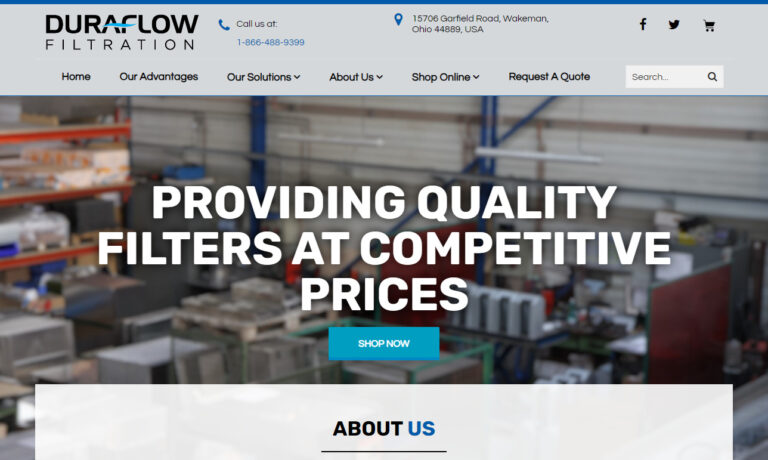
For more than 25 years, RoboVent's focus has been on the delivery of clean air and healthy environments in manufacturing facilities. This has earned us the leading position in the collection and filtering of airborne contaminants generated by metalworking and other industrial processes. We are passionate about providing clean air solutions to the industry, and this dedication to the cause brings...
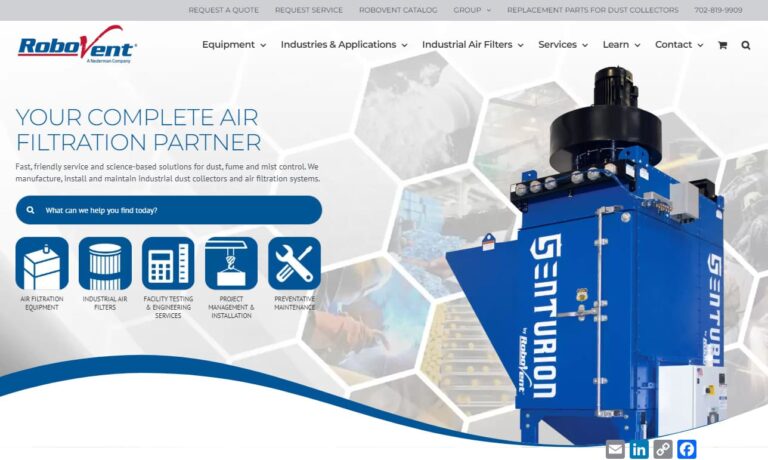
Clean Liquid Systems is a leading manufacturer of air and liquid filters. Our number one priority is to create the best filters that match the needs of our customers. We strive to have a fast turnaround while not reducing the quality of our products. Filtration is the only thing we do and ensure that we make our products right. We provide our customers with hundreds of years of experience and...
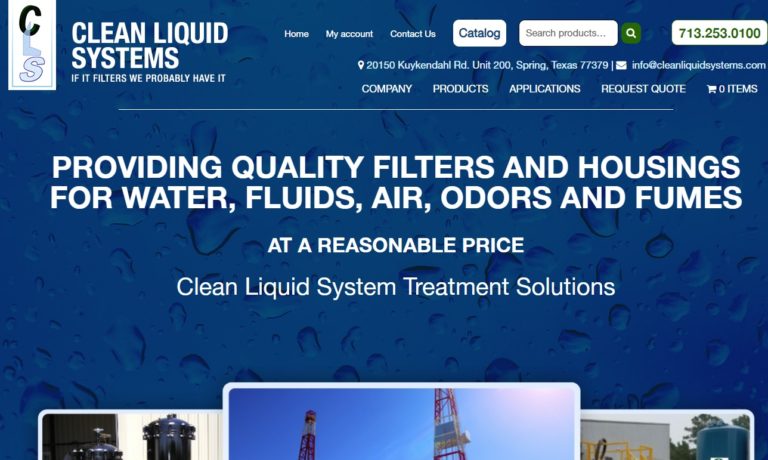
Our world-class facilities set us apart from the competition. We work hard to make our customers happy with our air filters. We can provide what you need to keep your air clean in whatever industry you are in. Our goal is to exceed your expectations so you can focus on what you do best! Whether you need support in design, products, delivery, or support, we can supply it all!
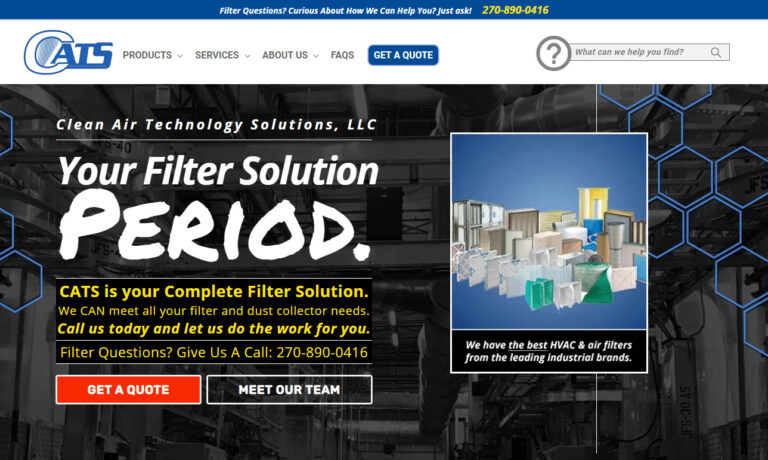
At Hengst Air Filtration, we are driven by a passion for clean air and advanced filtration solutions that safeguard both people and equipment. We design and manufacture high-performance air filters that meet the demanding requirements of a wide range of industries, from automotive and heavy equipment to industrial facilities, cleanrooms, and HVAC systems.
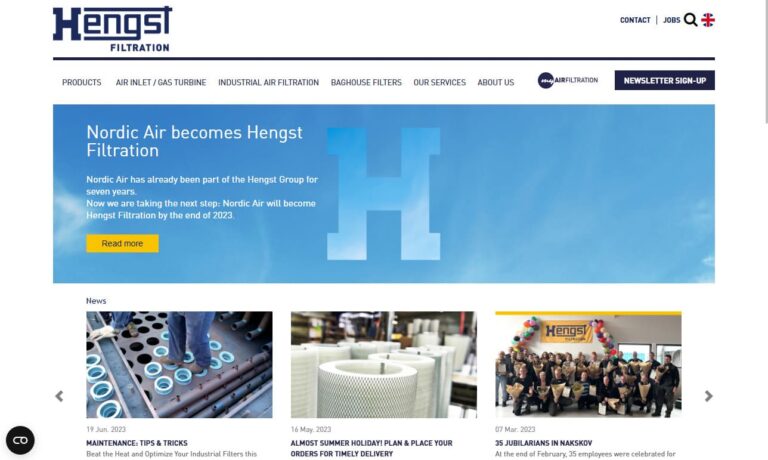
MCR inventories a large stock of Cleanroom Fan Powered and Ducted Air Filters. The Mac 10 FFU is known for being the quietest filter available and has been tested below 5O dBA with a rated flow of 90 FPM. Its modular design fits conveniently into 2`x4` to 2x2 T-Bar drop ceilings, and with a low profile of less than 13" it permits installation into tight ceiling spaces. Contact our company today!
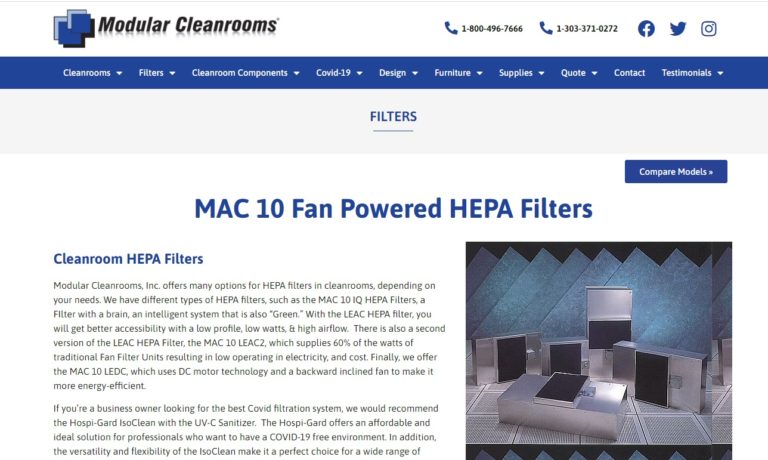
More HVAC Filter Manufacturers

How Do HVAC Filters Work?
HVAC filters work by capturing airborne particles as they pass through the filter material. The filter media can trap particles through a variety of mechanisms, including interception, impaction, diffusion, and electrostatic attraction. Interception occurs when particles are trapped by fibers or other protrusions in the filter media. Impaction occurs when particles are too large to follow the air stream and collide with filter fibers. Diffusion occurs when small particles move erratically and collide with fibers. Finally, electrostatic attraction occurs when particles are attracted to the filter media by static electricity.

Filter Efficiency Ratings of HVAC Filters
Filter efficiency ratings are a measure of a filter's ability to remove particles from the air. The most common rating system is the Minimum Efficiency Reporting Value (MERV), which ranges from 1 to 20, with higher values indicating better filtration. High-efficiency particulate air (HEPA) filters are a type of filter with a minimum efficiency of 99.97% for particles 0.3 microns in size, while ultra-low particulate air (ULPA) filters have a minimum efficiency of 99.999% for particles 0.12 microns in size.
Types of HVAC Filters
There are several different types of HVAC filters, each with their own advantages and disadvantages. The most common types include:
- Fiberglass filters: These filters are made from layered fiberglass fibers and are the most basic type of filter. They are inexpensive but have a lower MERV rating and require more frequent replacement.
- Pleated filters: These filters have more surface area than fiberglass filters and can capture smaller particles. They have a higher MERV rating and require less frequent replacement.
- Washable filters: These filters are designed to be reusable and can be washed and dried for reuse. They have a lower MERV rating and may require more frequent washing than disposable filters.
- Electrostatic filters: These filters use electrostatic charges to attract and trap particles. They can have a higher MERV rating but may cause increased pressure drop and require more frequent cleaning.
- Activated carbon filters: These filters contain activated carbon, which can absorb odors, gasses, and volatile organic compounds (VOCs). They have a lower MERV rating and may require more frequent replacement than other types of filters.
Applications of HVAC Filters
- Residential homes: HVAC systems are commonly used in homes to provide heating, ventilation, and air conditioning. HVAC filters help to remove contaminants such as dust, pet dander, and pollen from the air, making the indoor environment cleaner and healthier.
- Commercial buildings: HVAC systems are used in commercial buildings such as offices, retail stores, and restaurants. HVAC filters help to maintain a healthy environment for employees and customers by removing contaminants from the air.
- Hospitals and healthcare facilities: HVAC systems are used in hospitals and healthcare facilities to provide clean air and prevent the spread of airborne diseases. High-efficiency filters such as HEPA or ULPA filters are often used in these settings to remove airborne contaminants and protect patients, staff, and visitors.

- Laboratories and cleanrooms: HVAC systems are used in laboratories and cleanrooms to provide a controlled environment free from airborne contaminants. High-efficiency filters such as HEPA or ULPA filters are often used in these settings to maintain a sterile environment.
- Data centers: HVAC systems are used in data centers to maintain a stable temperature and humidity level and prevent equipment overheating. Filters are used to remove contaminants from the air, preventing damage to sensitive electronic equipment.
- Industrial settings: HVAC systems are used in industrial settings to provide heating, ventilation, and air conditioning for workers and equipment. Filters remove contaminants such as dust, smoke, and fumes from the air, protecting workers from respiratory hazards and preventing damage to equipment.
- Schools and universities: HVAC systems are used in educational settings to remove contaminants from the air, reducing the risk of respiratory illnesses and improving academic performance.
Advantages and Disadvantages of HVAC Filters
Advantages of HVAC Filters
Properly selected and maintained HVAC filters offer several benefits, including:
- Improved indoor air quality: By removing airborne contaminants, HVAC filters can help reduce respiratory symptoms, allergies, and other health problems.
- Reduced energy consumption: Clean filters can help maintain proper airflow and reduce the energy required to run the HVAC system.
- Extended HVAC system lifespan: By reducing the amount of dust and other particles circulating through the system, filters can help reduce wear and tear on components and extend the life of the HVAC system.
Disadvantages of HVAC Filters
While HVAC filters offer many advantages, they also have some potential drawbacks, including:
- Reduced airflow: As filters become clogged with particles, they can impede airflow through the system, which can reduce heating and cooling efficiency and lead to higher energy costs.
- Increased pressure drop: As filters capture more particles, they can also increase the pressure drop across the system, which can lead to reduced airflow and increased energy consumption.
- Cost: HVAC filters can be expensive, especially high-efficiency filters such as HEPA or ULPA filters. Additionally, some types of filters, such as electrostatic filters, may require more frequent cleaning or replacement, which can increase maintenance costs.
Choosing the Proper HVAC Filters Manufacturer
To make sure you have the most productive outcome when purchasing HVAC Filters from an HVAC Filters Supplier, it is important to compare at least 4 or 5 Companies using our list of HVAC Filters manufacturers. Each HVAC Filters Supplier has a business profile page that highlights their areas of experience and capabilities and a contact form to directly communicate with the manufacturer for more information or request a quote. Review each HVAC Filters business website using our proprietary website previewer to get an idea of what each business specializes in, and then use our simple RFQ form to contact multiple HVAC Filters businesses with the same message.


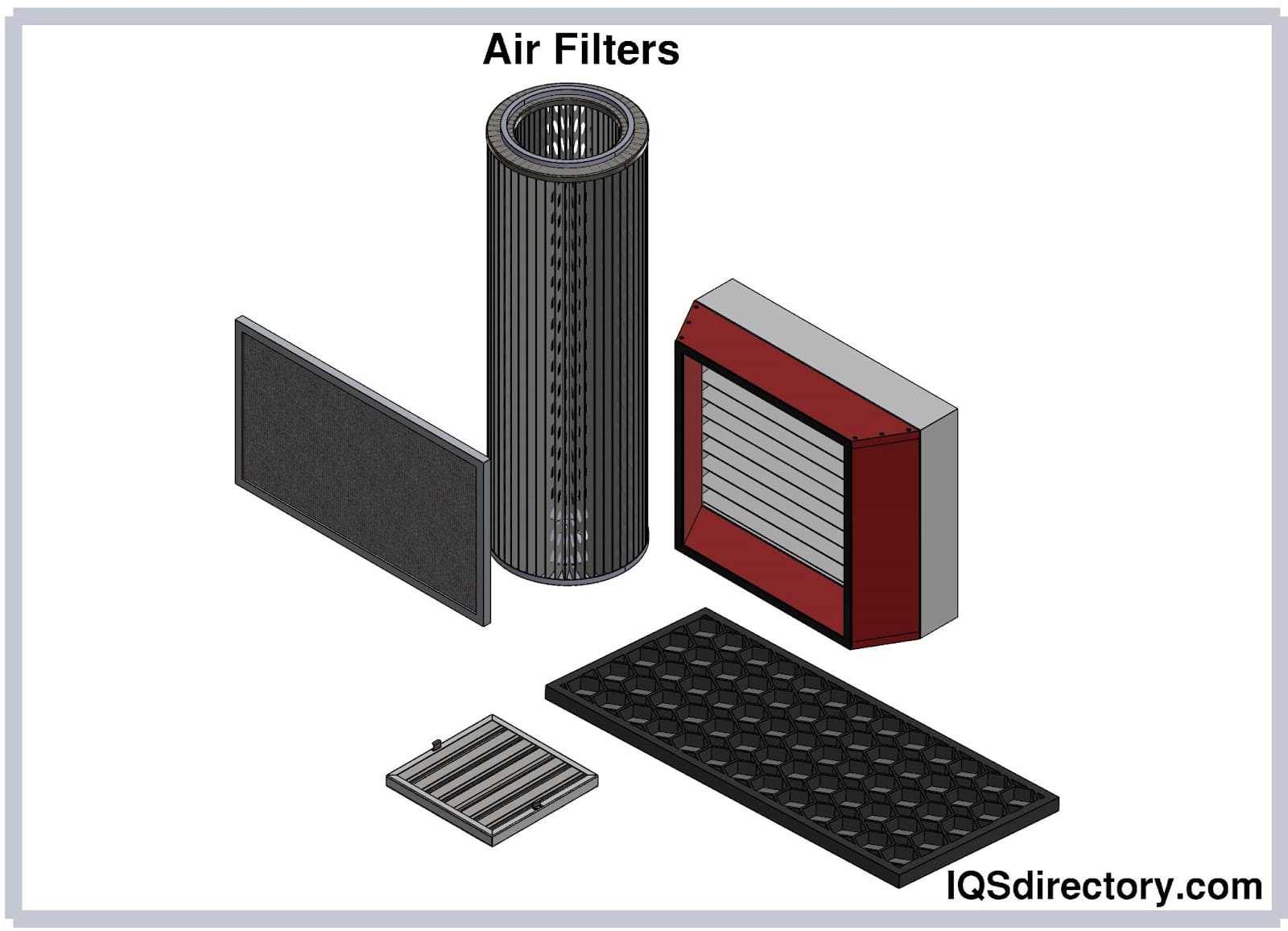
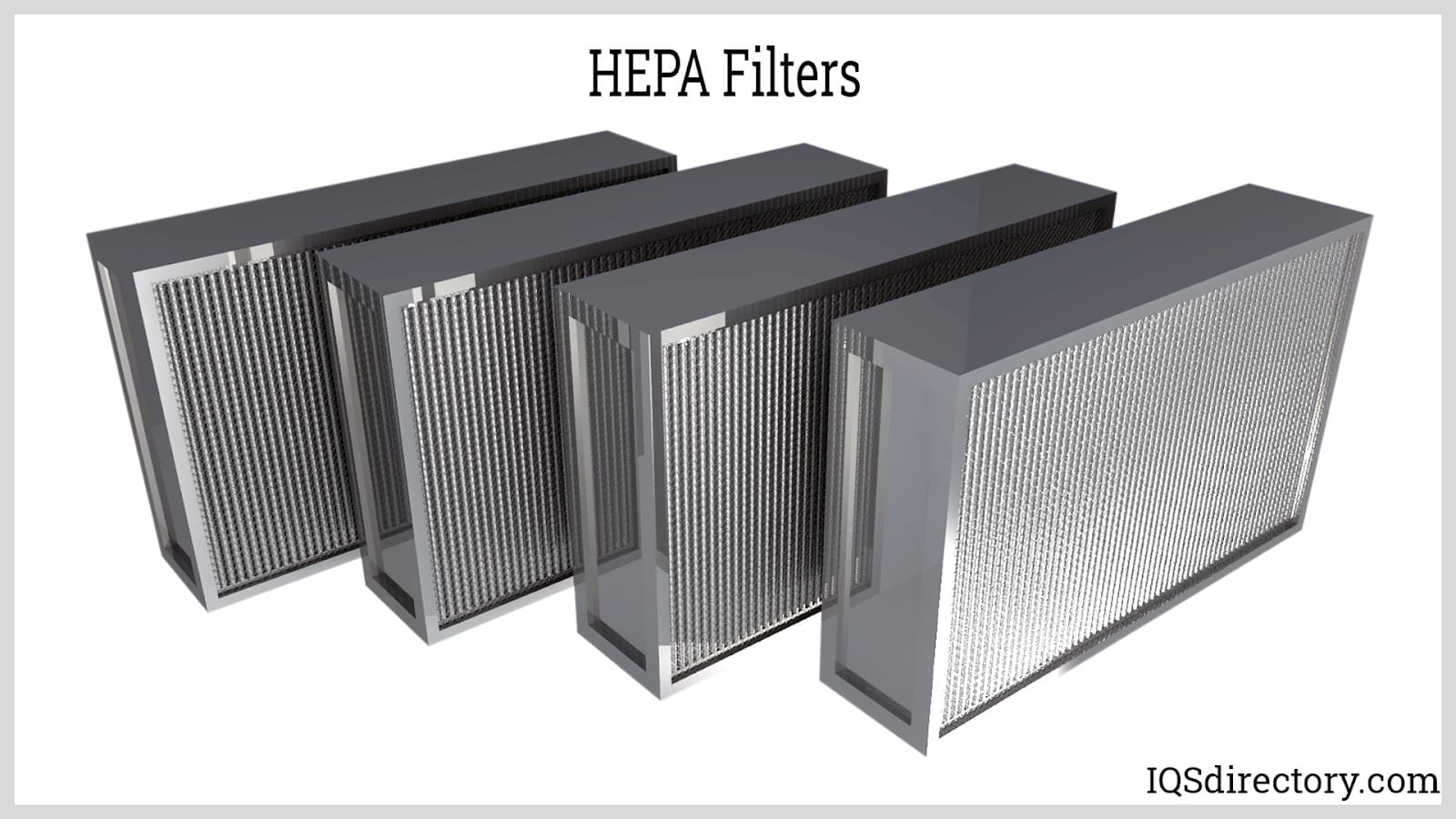
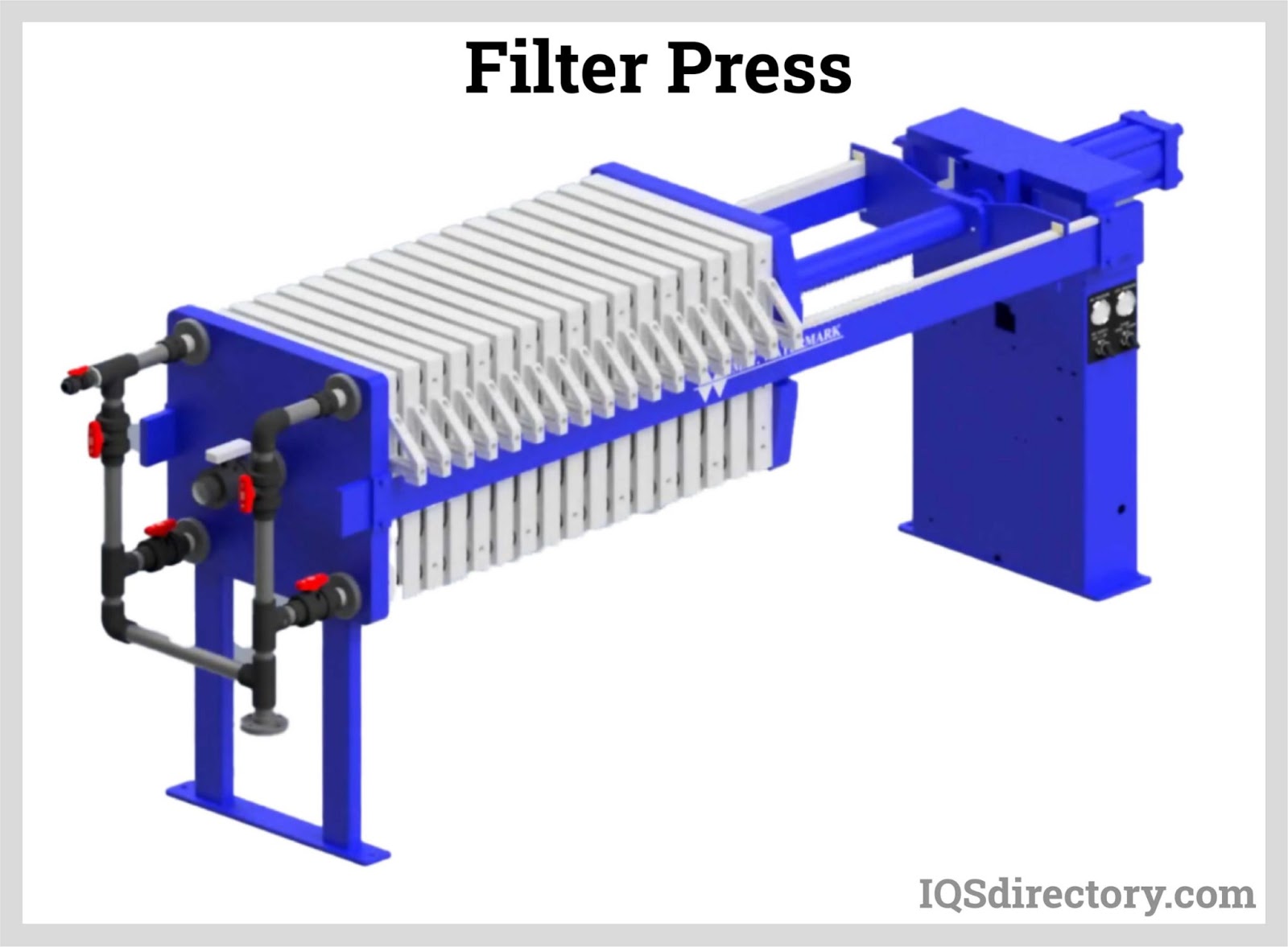
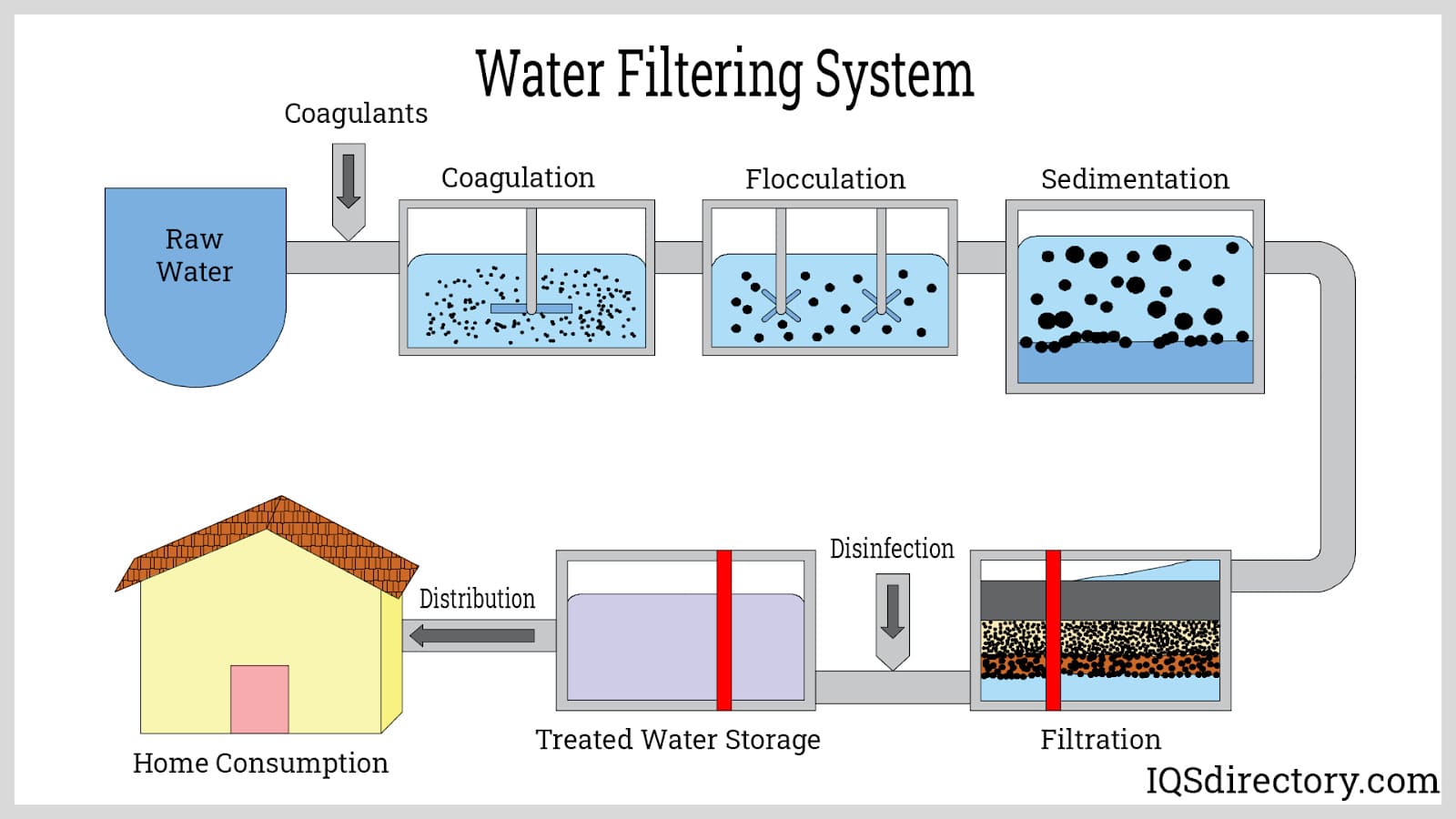
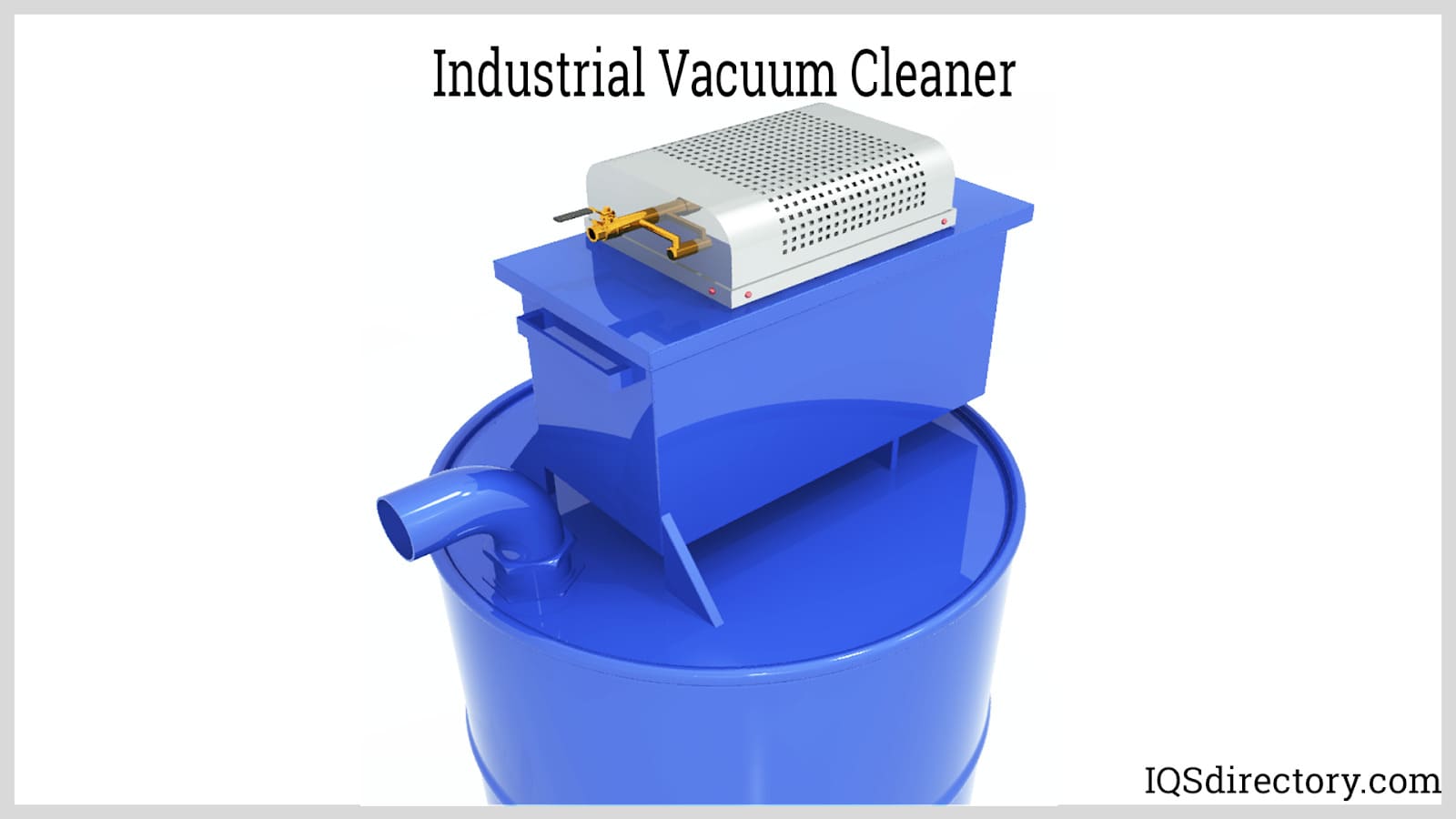
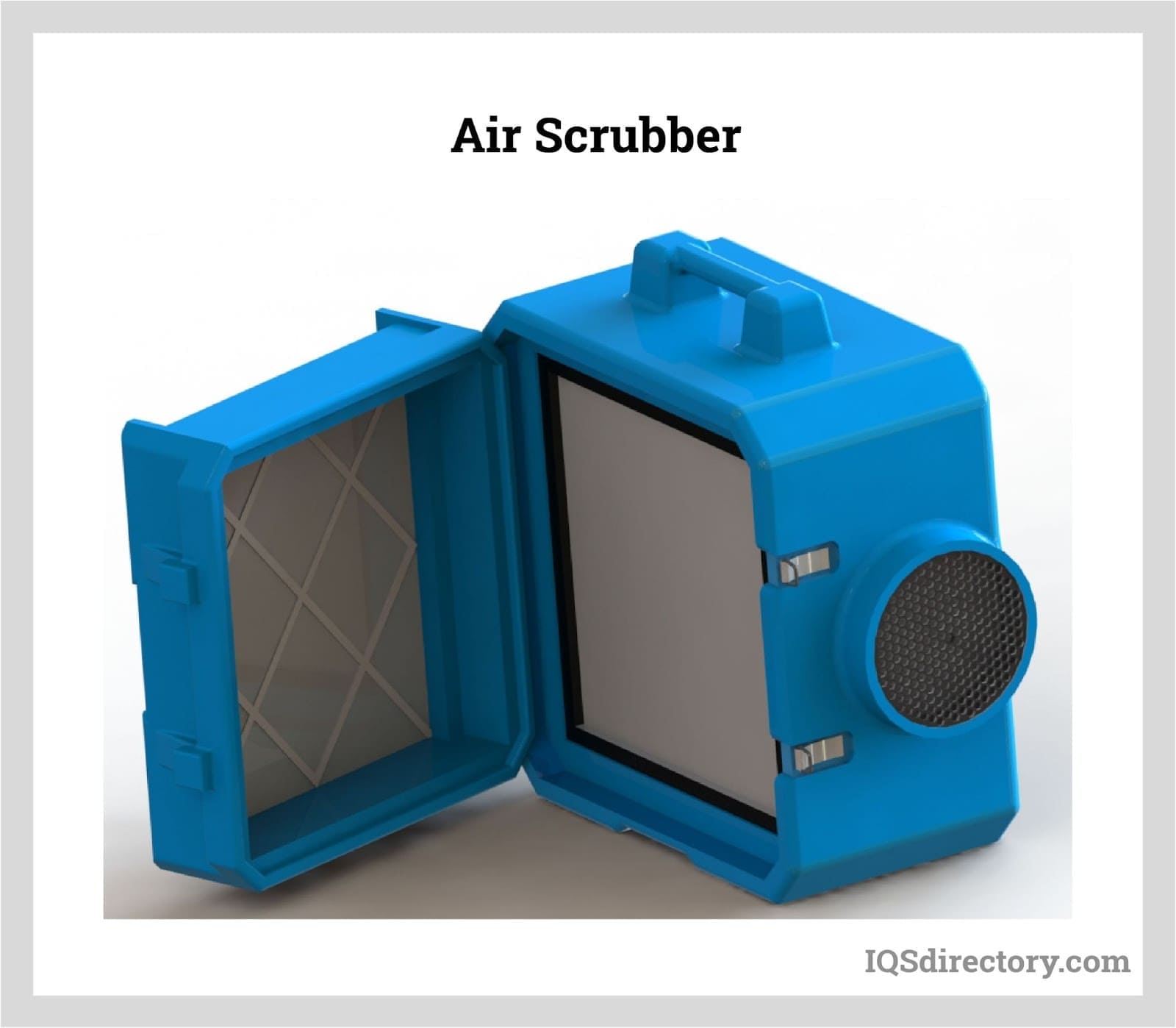
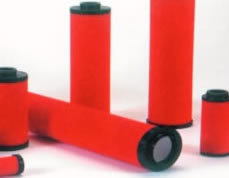 Air Filters
Air Filters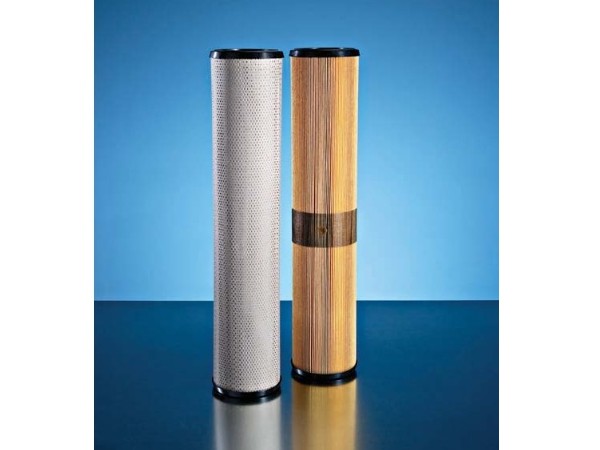 Liquid Filters
Liquid Filters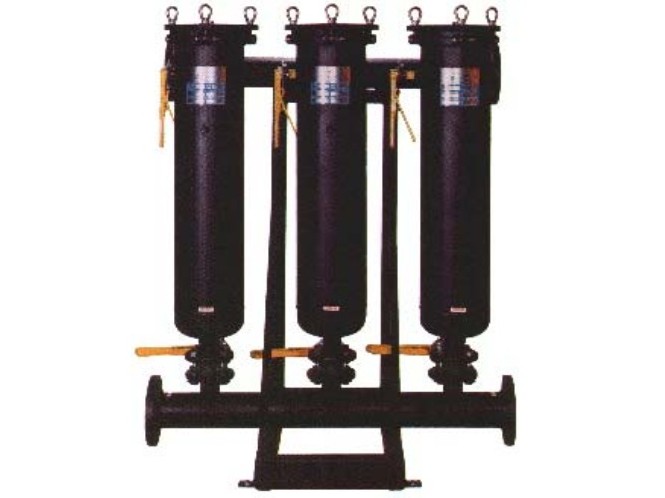 Filtering Systems
Filtering Systems Castings & Forgings
Castings & Forgings Bulk Material Handling
Bulk Material Handling Electrical & Electronic Components
Electrical & Electronic Components Flow Instrumentation
Flow Instrumentation Hardware
Hardware Material Handling Equipment
Material Handling Equipment Metal Cutting Services
Metal Cutting Services Metal Forming Services
Metal Forming Services Metal Suppliers
Metal Suppliers Motion Control Products
Motion Control Products Plant & Facility Equipment
Plant & Facility Equipment Plant & Facility Supplies
Plant & Facility Supplies Plastic Molding Processes
Plastic Molding Processes Pumps & Valves
Pumps & Valves Recycling Equipment
Recycling Equipment Rubber Products & Services
Rubber Products & Services